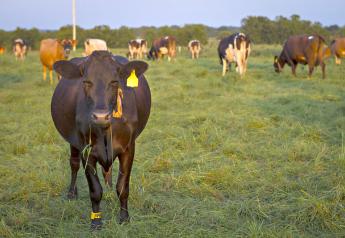The Consequences of Career Inaction

What exactly is “career inaction” and why should anyone be worried about it? Career inaction is a term coined by Belgian careers researcher Marijke Verbruggen in 2013 to describe situations where people decide to not do something or failing to act on one’s decisions. Importantly, both meanings of inaction refer to situations where people make a decision which is followed by the absence of action or change.
Inaction seems to be more prevalent in the working world than action when it comes to careers. For example, there are many people who complain about their jobs on a daily basis without ever looking for employment elsewhere. Careers result from many constructs including social structure, family influence, socio-economic status and of course, deliberate action taken by the person concerned.
Research has shown that career inaction spurs further inaction and causes “inaction inertia.” People who have bypassed an initial career opportunity are less likely to act on further opportunities even if they appear more attractive. This may explain why people get stuck in careers they dislike or why they end up in long-term unemployment even after being presented with multiple job offers.
So, whether you are currently employed, looking to develop further opportunities with your current employer, looking for a new position, or considering new training, there are some specific consequences of career inaction after making that decision that can follow you through your career/life journey:
1. Weak connections/small network: Building a network takes times and deliberate action to connect with people. When the time comes to make a career move, you won’t have the connections to lean on.
2. Career plateau: Doing your day-to-day work tasks is different from managing your career. Also, growth does not also have to be upwards but can be lateral. Career inaction stagnates a person’s learning and ability to grow in their careers both upwards and laterally.
3. Lack of confidence: A lack of confidence can cause a person to be overlooked for advancement opportunities, salary increases and contribute to further inaction.
4. Obsolete skills: If you are inactive in your career, you are not learning new skills and acquiring knowledge keeping you at the forefront of your field. This can contribute to career plateauing as mentioned above and makes career moves more difficult.
So, what should a “career active” person be doing? Always be looking for new learning opportunities and take advantage of available resources, such as funding for training, learning and development. When you are attending an industry event, try to work outside of your comfort zone, meet new people and create new connections. Not only does career action create more opportunities for you with your current employer, you position yourself well for career change down the road!
Editor’s Note: This article first appeared in the www.agcareers.com newsletter and is used here with permission. This information is not legal advice and is for guidance only. Check with your legal counsel for the most relevant and up to date information. For more information, go to www.agcareers.com







